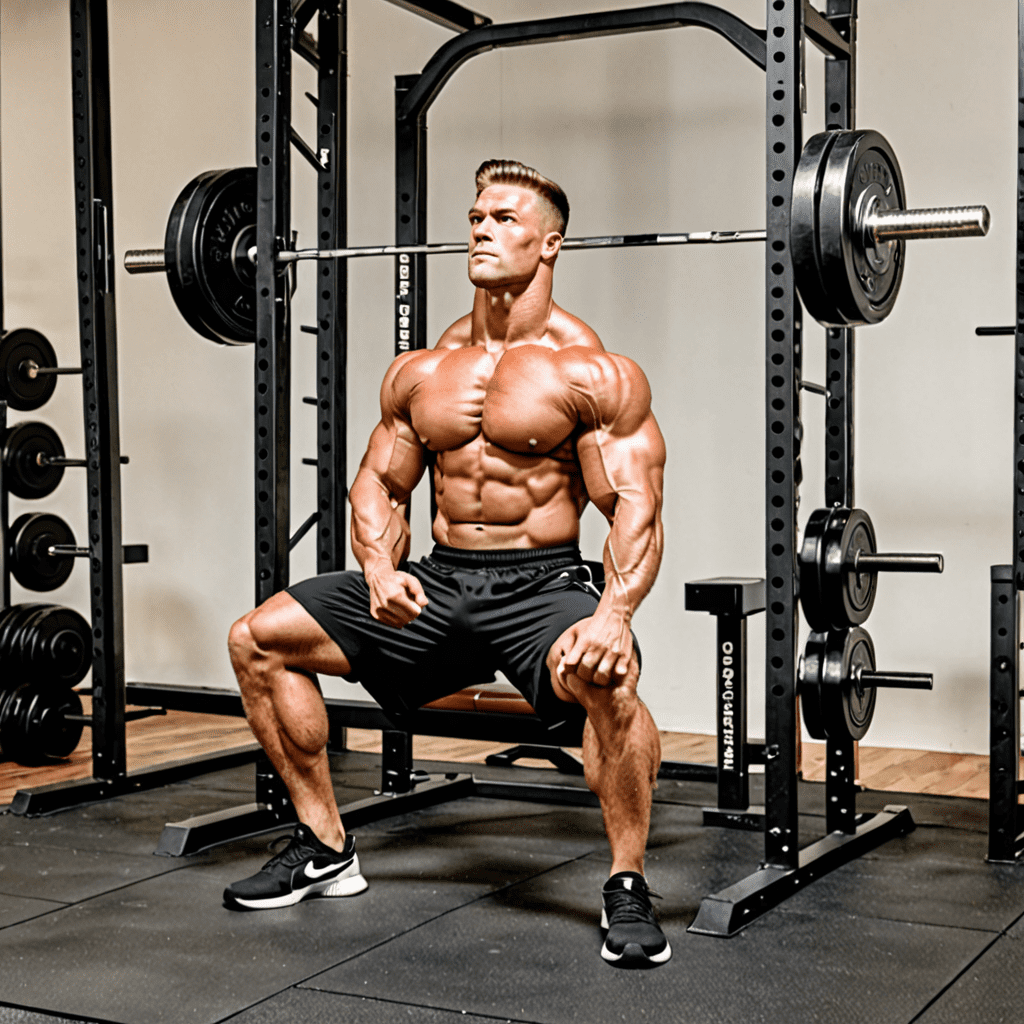
If I Bench 225, How Much Should I Squat for a Balanced Workout?
When it comes to strength training, it’s essential to ensure a balanced workout routine that targets all muscle groups. Many fitness enthusiasts wonder how much weight they should be able to squat if they can bench press 225 pounds. In this article, we will explore the relationship between bench press and squat weights and provide some guidance on achieving a well-rounded fitness program.
Understanding the Bench Press-Squat Ratio
The bench press and squat are two fundamental exercises that target different muscle groups. The bench press primarily works the chest, shoulders, and triceps, while the squat focuses on the lower body, including the quadriceps, hamstrings, and glutes. As such, it’s not uncommon for individuals to have varying strength levels between these two exercises.
Consider Your Fitness Level
Your current fitness level plays a significant role in determining how much weight you should be able to squat if you can bench press 225 pounds. Novice lifters may have a lower squat-to-bench ratio, while more experienced lifters tend to achieve a more balanced ratio. Keep in mind that these ratios can vary depending on individual factors such as body composition, genetics, and training duration.
The General Squat-to-Bench Ratio
While individual ratios may differ, a general guideline for a balanced squat-to-bench ratio is approximately 75-80%. In other words, if you bench press 225 pounds, you should aim to squat around 180-200 pounds. This ratio allows for balanced development of both upper and lower body strength.
Adjusting for Muscle Imbalances
It’s important to note that everyone has unique muscle imbalances and strengths. If you find that your squat-to-bench ratio deviates significantly from the general guideline, you may need to adjust your training program to address any specific weaknesses or imbalances. Consider working with a qualified strength and conditioning specialist who can help tailor a program to your needs.
Frequently Asked Questions
-
Q: Will squatting more weight directly improve my bench press?
A: While squatting can indirectly contribute to improving your overall strength and stability, it may not directly translate to increasing your bench press. Both exercises target different muscle groups and emphasize different movement patterns. -
Q: Can a significant difference in squat-to-bench ratio indicate muscle imbalances or weaknesses?
A: Yes, a significant difference in squat-to-bench ratio may suggest muscle imbalances or weaknesses. It’s important to address these imbalances through targeted exercises and proper form to ensure a well-rounded fitness program. -
Q: What factors can influence an individual’s squat-to-bench ratio?
A: Several factors can influence an individual’s squat-to-bench ratio, including body composition, training history, genetics, and specific muscle strengths and weaknesses. -
Q: Should I prioritize one exercise over the other?
A: Both exercises are essential for overall strength and balanced muscle development. It’s best to include both the bench press and squat in your training routine to achieve a well-rounded workout program.


